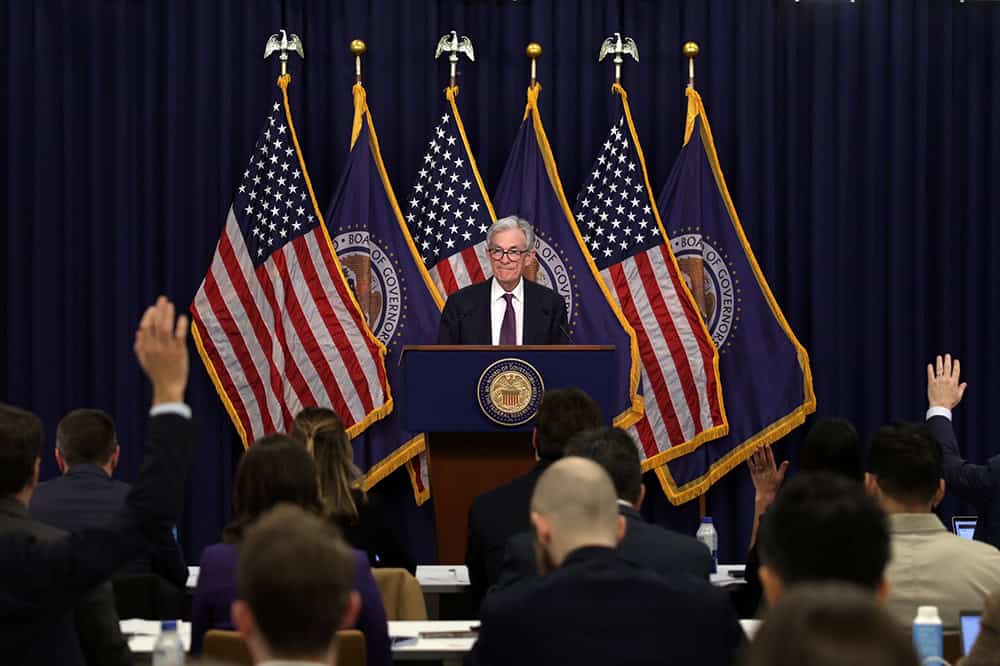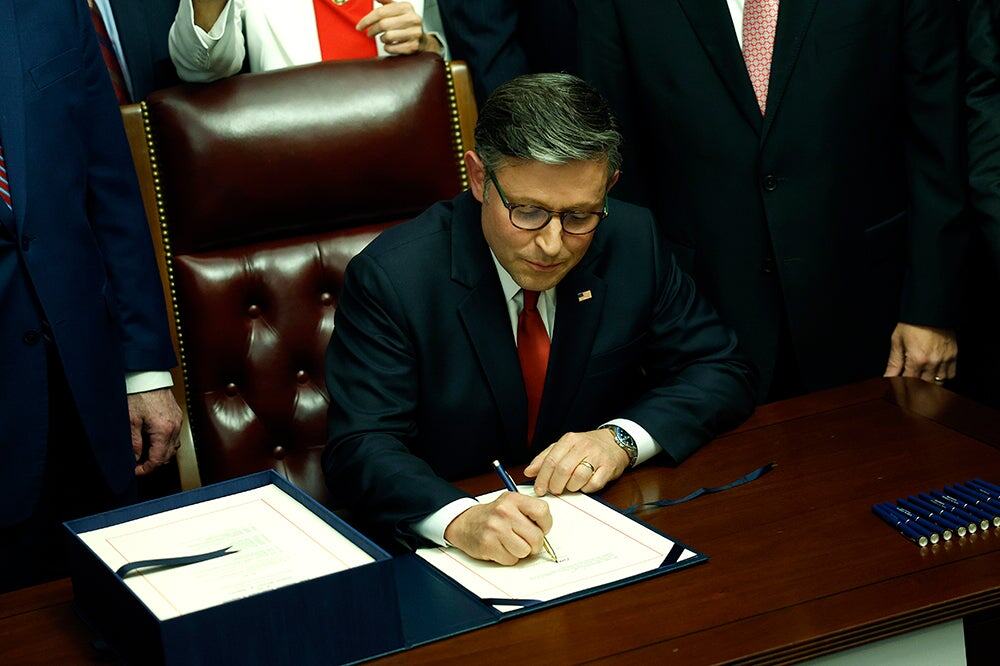Peterson Foundation Launches Election Toolkit
Nonpartisan Resource for Candidates and Voters to Discuss Solutions to Nation’s Worsening Fiscal Condition
NEW YORK (August 23, 2018) — As Election Day approaches, the Peter G. Peterson Foundation is delivering a nonpartisan Election Fiscal Toolkit to all U.S. House and Senate candidates, encouraging a critically important conversation about how to solve America’s fiscal challenges.
The new toolkit offers a “Fiscal in Five Minutes” tutorial on how the record high national debt, rising federal deficits, and skyrocketing interest costs impact the economy and the country’s collective future. Also included are a range of nonpartisan, fact-based resources such as charts, data, analyses, and voter perspectives to inform the conversations and coverage surrounding races for the U.S. House and Senate.
“The national debt affects every issue that voters care about, from the economy and education to defense and healthcare,” said Michael A. Peterson, Chairman and CEO of the Peter G. Peterson Foundation. “Voters are rightly concerned that the return of trillion-dollar annual deficits and exploding debt interest costs are impacting their future. These resources can help to engage candidates and citizens in a productive dialogue about ways to stem the tide of our growing debt, and put America on a better path.”
According to a recent poll, more than four in five voters (82%) say the national debt is an issue that they want the President and Congress to spend more time addressing, including large majorities of Democrats (85%), independents (79%), and Republicans (82%).
Additionally, a majority of voters (62%) say their level of concern about the national debt has increased over the last few years. This concern cuts across age groups as well, with nearly two-thirds of millennials (64%) and adults 65 years and older (64%) saying they have grown more concerned about the issue.
To review the full toolkit, visit pgpf.org/electiontoolkit.
Further Reading
Quiz: How Much Do You Know About Healthcare in the United States?
The United States has one of the largest and most complex healthcare systems in the world. Take our healthcare quiz to see how much you know about the cost and quality of the U.S. healthcare system.
The Fed Reduced the Short-Term Rate Again, but Interest Costs Remain High
High interest rates on U.S. Treasury securities increase the federal government’s borrowing costs.
How Did the One Big Beautiful Bill Act Change Tax Policy?
See how OBBBA restructured the tax landscape across four major areas: individual tax provisions, business tax provisions, energy tax credits, and health-related tax changes.


